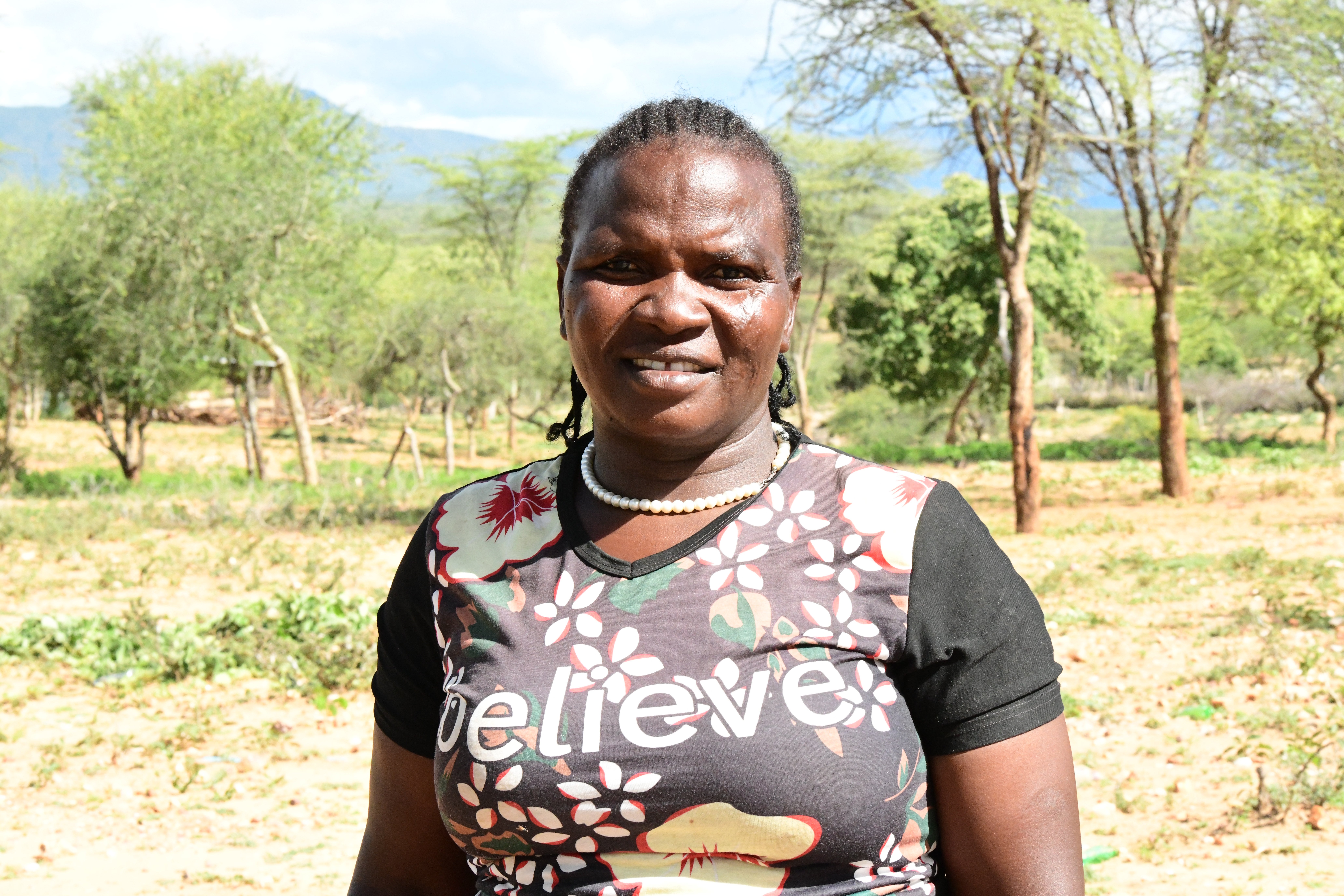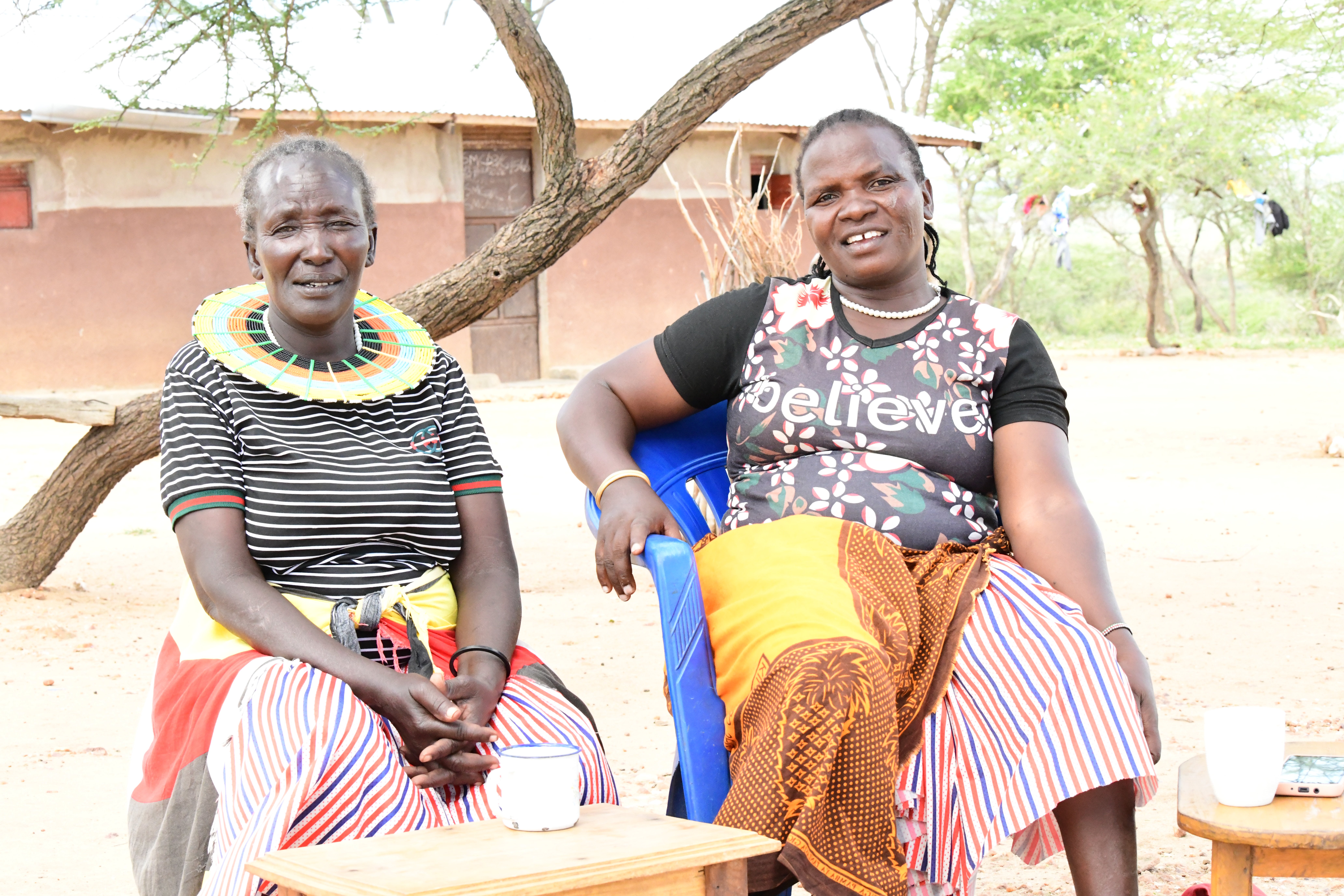Dorcus Chelain: Championing the Fight Against Female Genital Mutilation in Uganda
Date:

When 43-year-old Dorcus Chelain recounts her journey in fighting harmful practices like female genital mutilation (FGM), her eyes radiate optimism.
Dorcus is a community activist in her village of Loboloin in Looto Sub County, Amudat district 386 kilometers (about 239.85 miles) northeast of Uganda's capital, Kampala. A retired former Local Council 5 Chairperson she has now dedicated her life to campaigning against Female Genital Mutilation (FGM) and Gender-Based Violence (GBV) in her community.
She explains that many young girls are still subjected to harmful cultural practices such as FGM and being forced into early marriages, which disrupts their education. "In my Pokot community, girls are still viewed as a source of wealth. I'm proud to be playing a role in educating my community to abandon harmful practices that jeopardize the future of our young girls," says Dorcus.
Having experienced a physical disability many years ago, Dorcus understands how disempowering such challenges can be, particularly for young girls, and how they can stand in the way of achieving their dreams.
"I've dedicated my life to empowering women and young girls, including those with disabilities, about their rights. Now, they know where to report violence more than ever before," she adds.
Dorcus’s newfound knowledge comes from the tireless efforts of UN Women and its implementing partner, the Communication for Development Foundation Uganda (CDFU), which trained numerous women on leadership skills and the rights of women and girls under the UN Spotlight Initiative (2018-2023) funded by the European Union and other partners.
Spotlight Initiative aims to eliminate violence against women and girls through comprehensive programming that addresses all key drivers of violence. It promotes laws and policies that prevent violence, strengthens institutions, promotes gender-equitable social norms, strengthens women’s movements, and provides essential services to survivors of violence.
Dorcus is recognized as a leader, and she continues to lead efforts advocating for the rights of women and girls so that they are empowered to make informed decisions. Dorcus noted that by 2021, 70 women had been mobilized in forming groups including 20 persons with disabilities.

She says the women have also been trained in financial management and many are doing various businesses to support themselves and their families.
"I managed to build seven rental rooms, which are now helping me support 10 girls I took under my care after they escaped from FGM and early marriages," she says.
Dorcus is also a member of the Natukuman Women Drama Group, which translates to "Seeing from Above," in the Pokot local dialect. The group's mission is to support women who have been left behind in achieving development and progress, organizing weekly outreach programs to educate the community on the effects of FGM and GBV, and the importance of educating their children for a better future.
In Uganda, the Spotlight Initiative is implemented by the Government of Uganda, the European Union, UN Women, UNFPA, UNICEF, UNDP and UNHCR in partnership with OHCHR, IOM, Pulse Lab and civil society. Since 2019, almost 900 people in Uganda have completed training on how to assist women and girls experiencing violence with support from Spotlight Initiative.